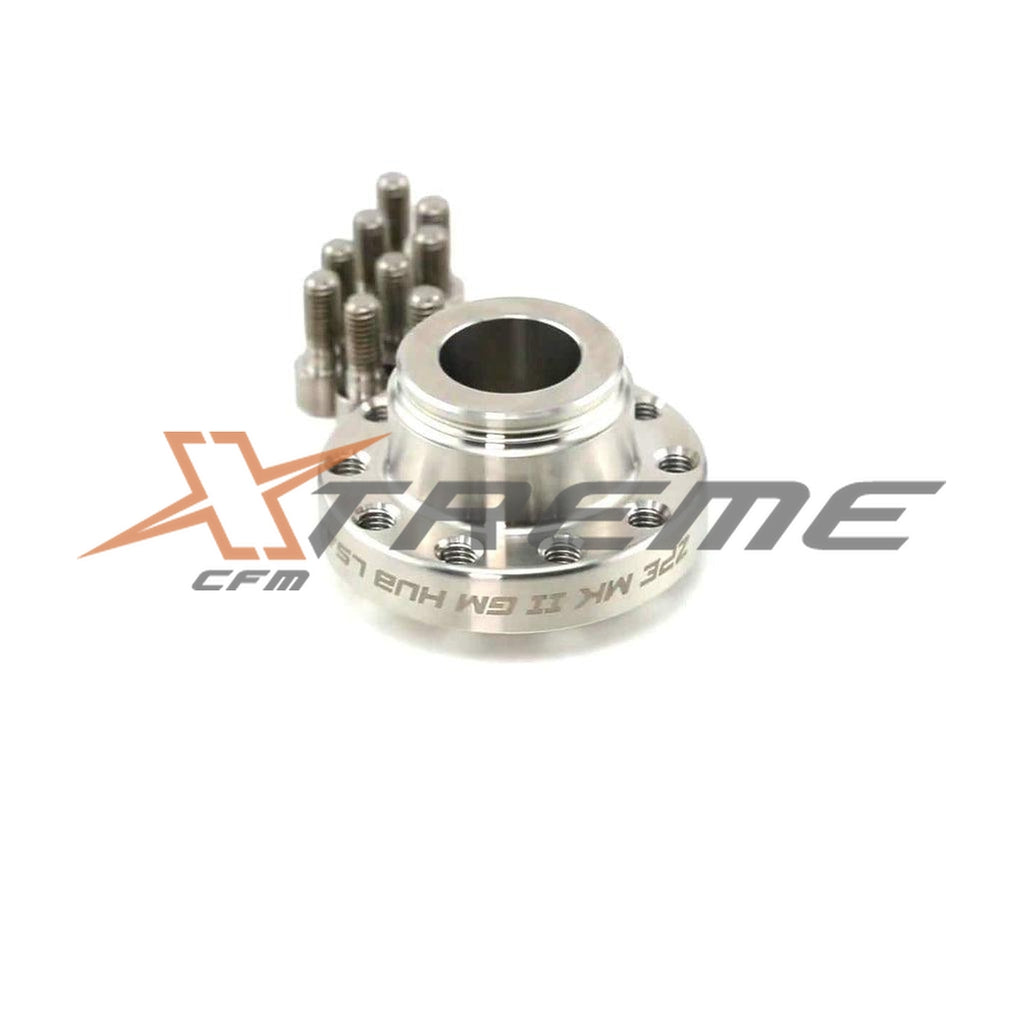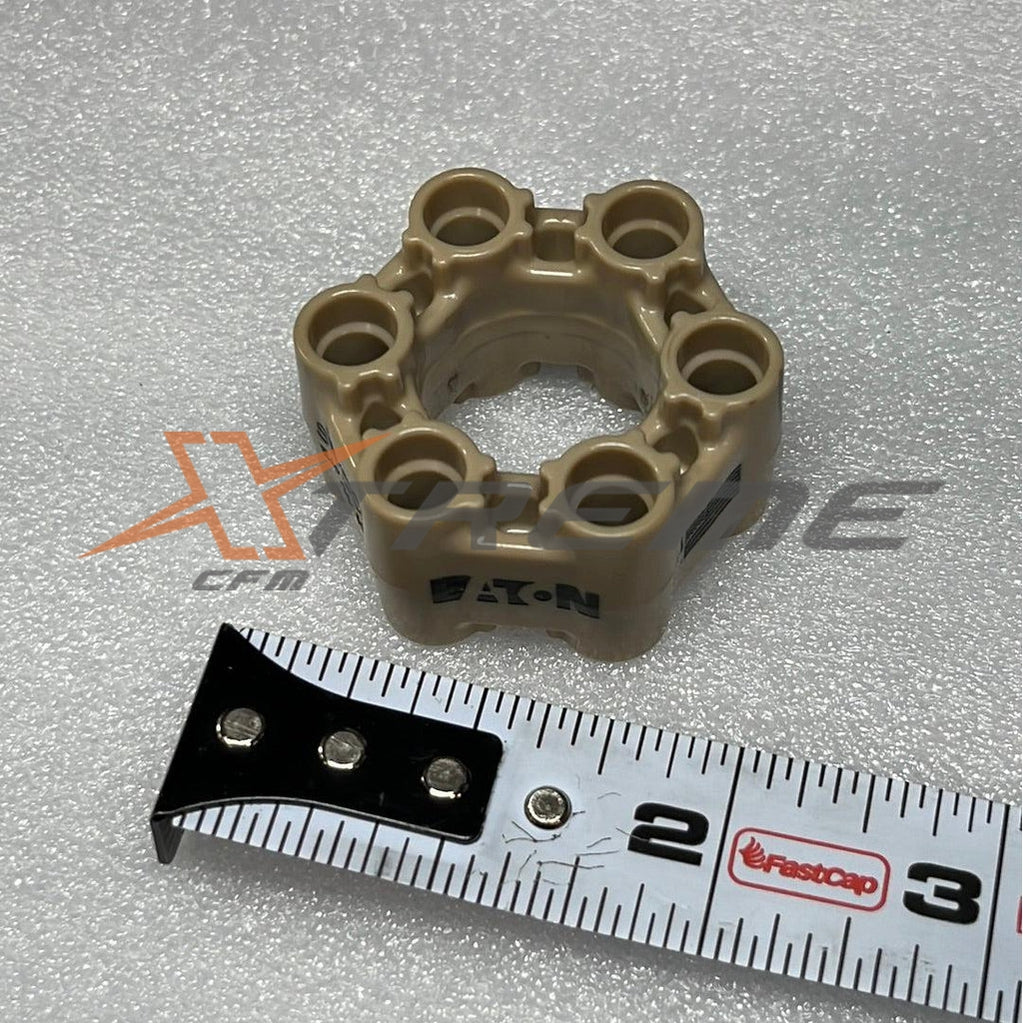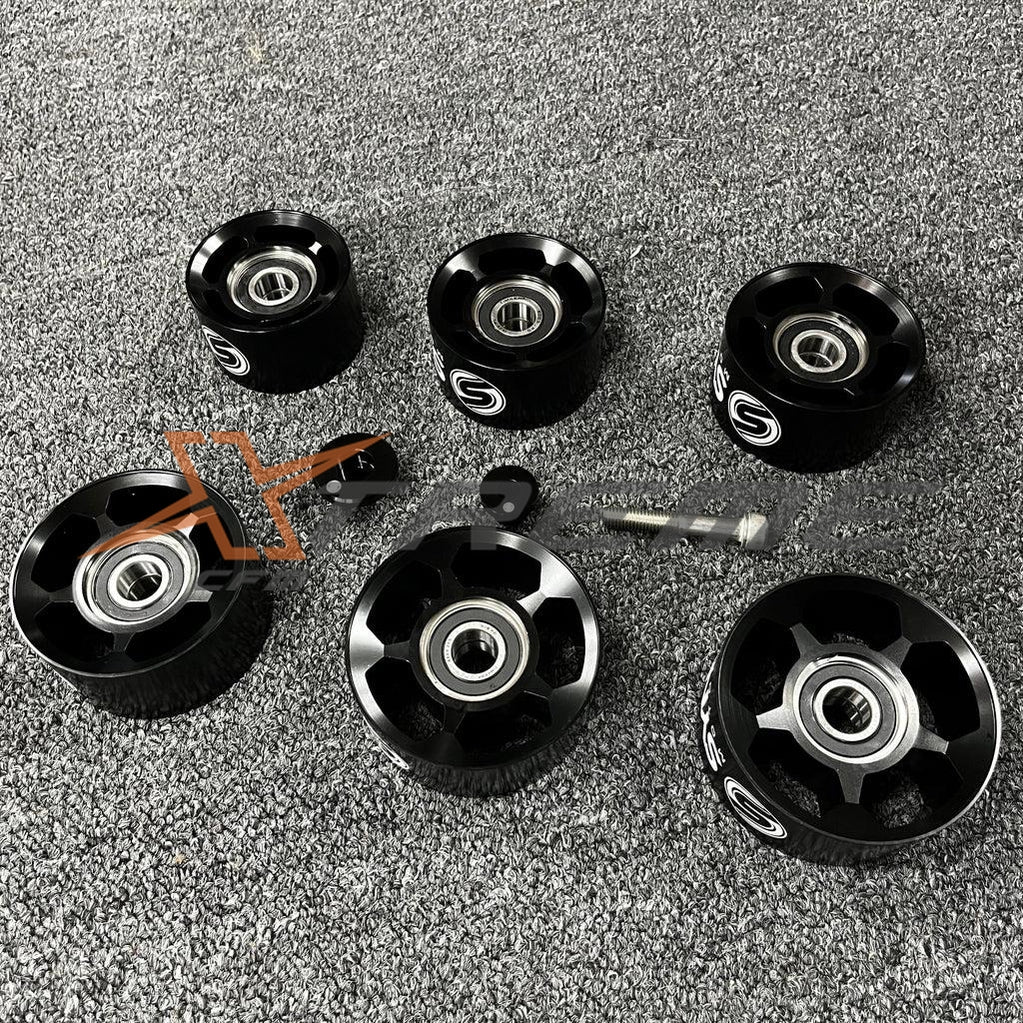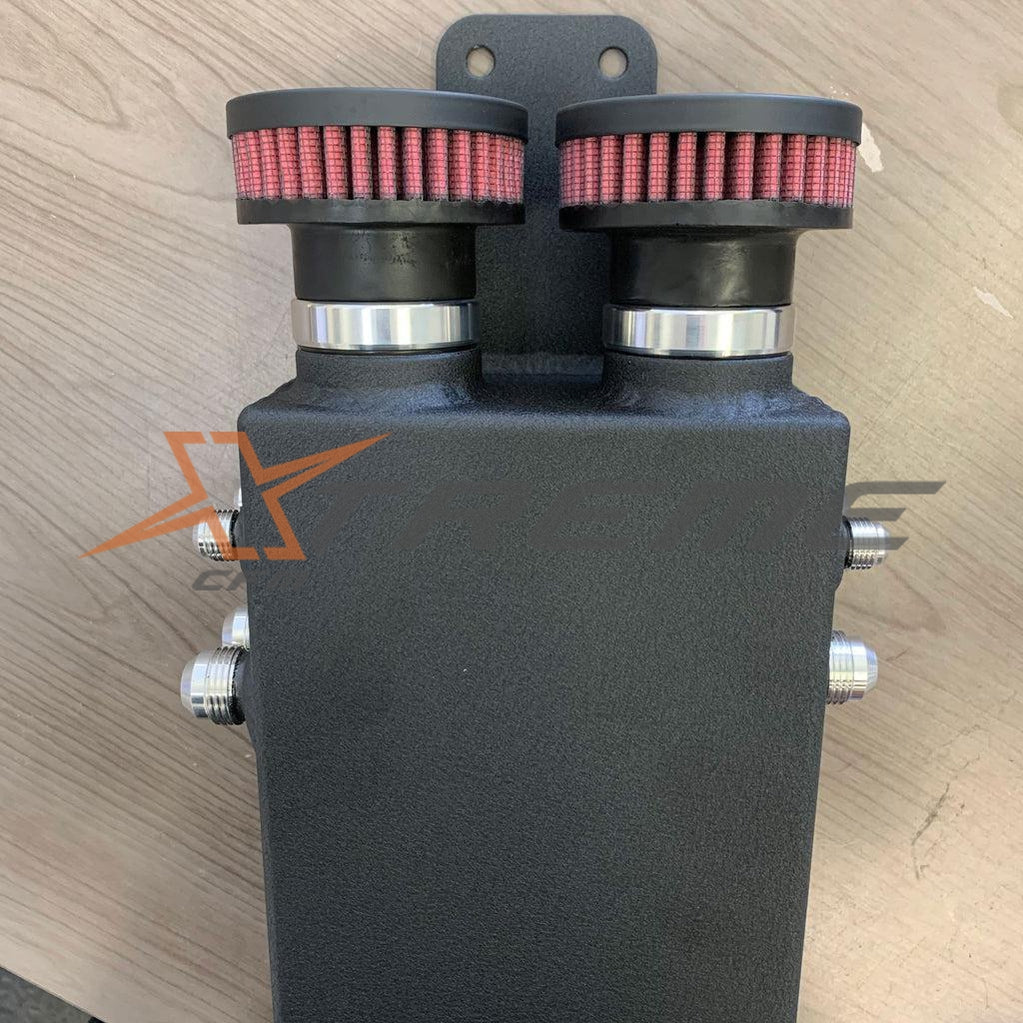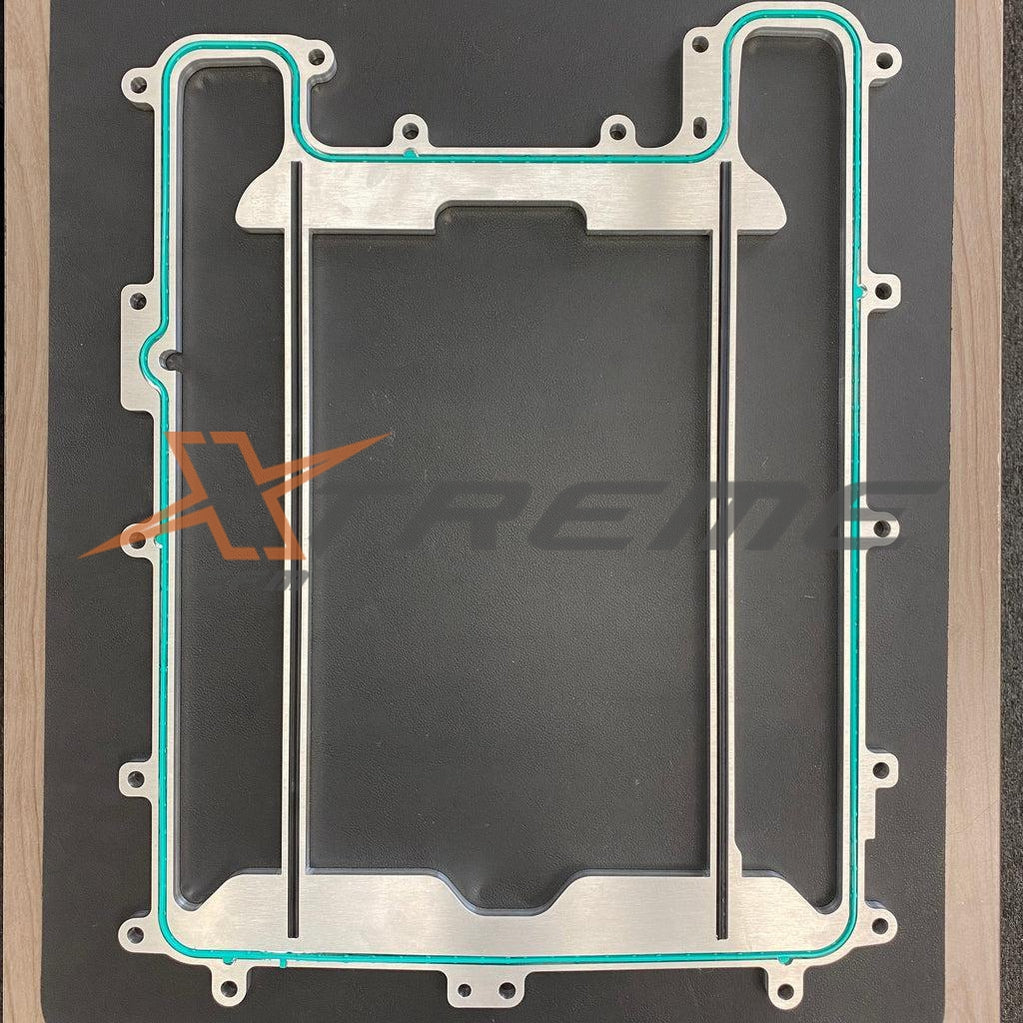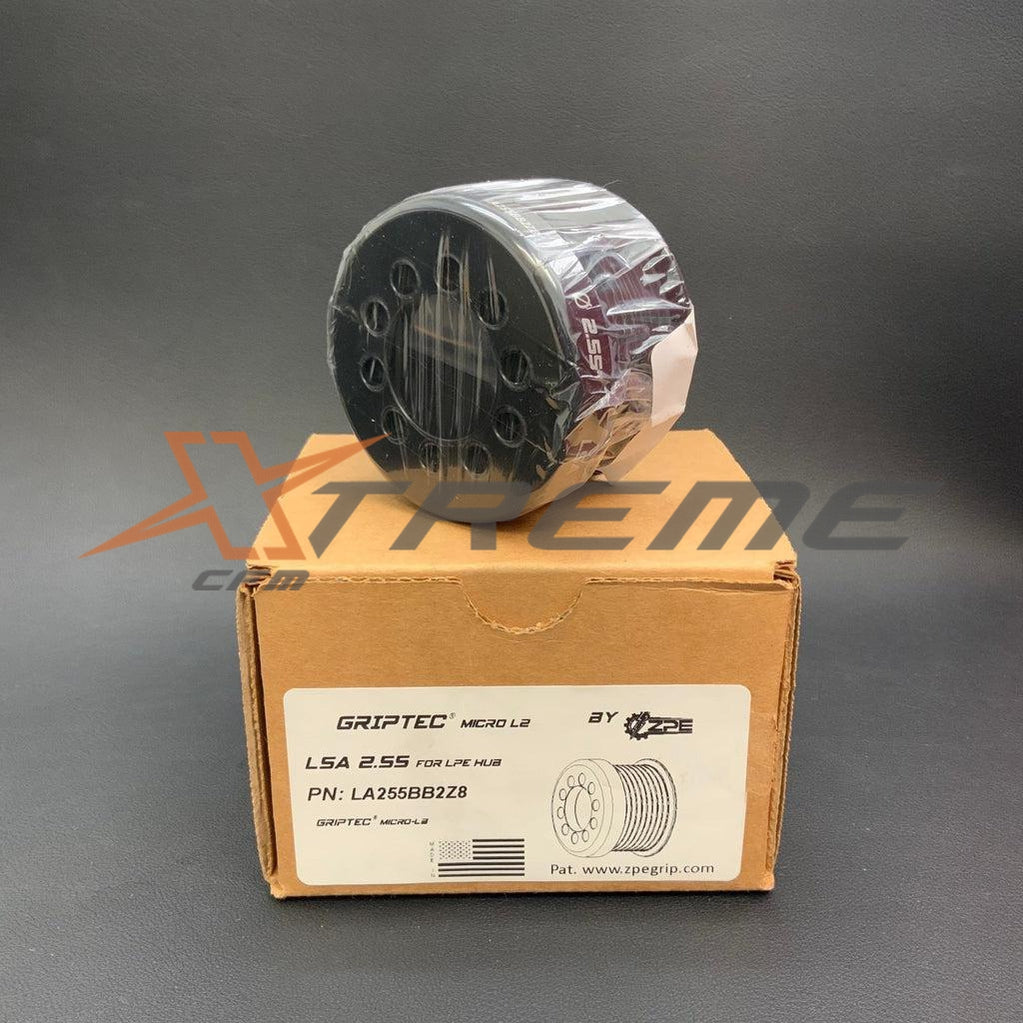
Battle of the Boost: Air-to-Air vs. Air-to-Water Intercoolers
Ah, the age-old debate that has pitted gearhead against gearhead, turning wrench-wielding friends into frenemies: which intercooler reigns supreme? Is it the air-to-air or the air-to-water? Let's dive into the nitty-gritty details, share some laughs, and hopefully settle this dispute once and for all.
Meet the Contenders: Air-to-Air Intercoolers
First up, we've got air-to-air intercoolers, the cool kids of the forced induction playground. They're like the popular jocks, often seen hanging out in front of the engine, showing off their shiny cores and massive surface areas. But do they have what it takes to keep your engine's temperature in check?
Pros of Air-to-Air Intercoolers
- Simplicity: These bad boys are straightforward to install and maintain, with no need for coolant, pumps, or reservoirs. Just bolt it on, and you're ready to rock!
- Cooling Capacity: With their large surface area and ambient air passing through the core, they're pretty darn effective at dissipating heat, especially at higher speeds.
- Cost: Let's face it, we all love a bargain, and air-to-air intercoolers usually come with a friendlier price tag than their air-to-water counterparts.
Cons of Air-to-Air Intercoolers
- Size Matters: These behemoths can take up a lot of space, making them tricky to squeeze into tight engine bays. Cue the Tetris theme music.
- Heat Soak: While they're great at cooling when moving, they tend to lose their chill during stop-and-go traffic, resulting in heat soak and reduced performance. Bummer.
Next Up: Air-to-Water Intercoolers
The underdogs of the intercooling world, air-to-water intercoolers may not be as flashy as their air-to-air siblings, but don't count them out just yet. They've got a few tricks up their sleeves that might just give them the edge in this battle royale.
Pros of Air-to-Water Intercoolers
- Size Isn't Everything: These compact powerhouses can fit into tight spaces, making them perfect for crowded engine bays or when you need to keep things on the down-low.
- Consistent Cooling: By using coolant and a separate heat exchanger, air-to-water intercoolers maintain consistent cooling performance, even during stop-and-go traffic. Say goodbye to heat soak!
- Low Pressure Drop: The smaller core size of air-to-water intercoolers means less pressure drop, resulting in less strain on your turbocharger or supercharger.
Cons of Air-to-Water Intercoolers
- Complexity: With great power comes great responsibility... and more components. Pumps, hoses, reservoirs, and heat exchangers all add to the complexity of the system, making installation and maintenance more involved.
- Cost: Generally, air-to-water intercoolers are more expensive than their air-to-air rivals. But hey, sometimes you've got to pay to play, right?
The Showdown: Which Intercooler Takes the Crown?
So, now that we've laid out the pros and cons, which intercooler should you choose? Well, as with most things in life, the answer is: it depends.
If you're rocking a daily driver that sees a lot of stop-and-go traffic or if you're looking for consistent cooling performance regardless of speed, an air-to-water intercooler might be your best bet. Sure, it's more expensive and complex, but the benefits could be worth it for your specific needs. Plus, let's be honest, there's a certain level of bragging rights that come with rocking an air-to-water intercooler under your hood.
On the flip side, if you're all about simplicity, bang-for-your-buck, and have room to spare in your engine bay, an air-to-air intercooler might just be the ticket. They're effective, easy to maintain, and have been a tried-and-true staple in the forced induction community for years.
Conclusion: Choose Your Fighter
At the end of the day, the choice between an air-to-air and air-to-water intercooler comes down to your specific needs, budget, and preferences. Both options have their merits, and both can provide excellent cooling performance when properly matched to your vehicle and its application.
In the world of intercoolers, there's no one-size-fits-all solution. Just like choosing between Batman and Superman, Coke and Pepsi, or cats and dogs, it's a matter of personal preference. So, take a moment to evaluate your priorities and the unique characteristics of your ride, and make the choice that best suits your needs.
And remember, regardless of which intercooler you choose, always keep an eye on your engine's temperature, regularly maintain your system, and enjoy the thrills that come with boosting your ride to new heights. Happy intercooling, gearheads!
Now that we've covered the great intercooler debate, feel free to share this article with your fellow car enthusiasts and watch the friendly banter ensue. Who knows? You might just change someone's mind or finally convince your buddy to switch sides in this epic battle of the boost.
- Choosing a selection results in a full page refresh.

